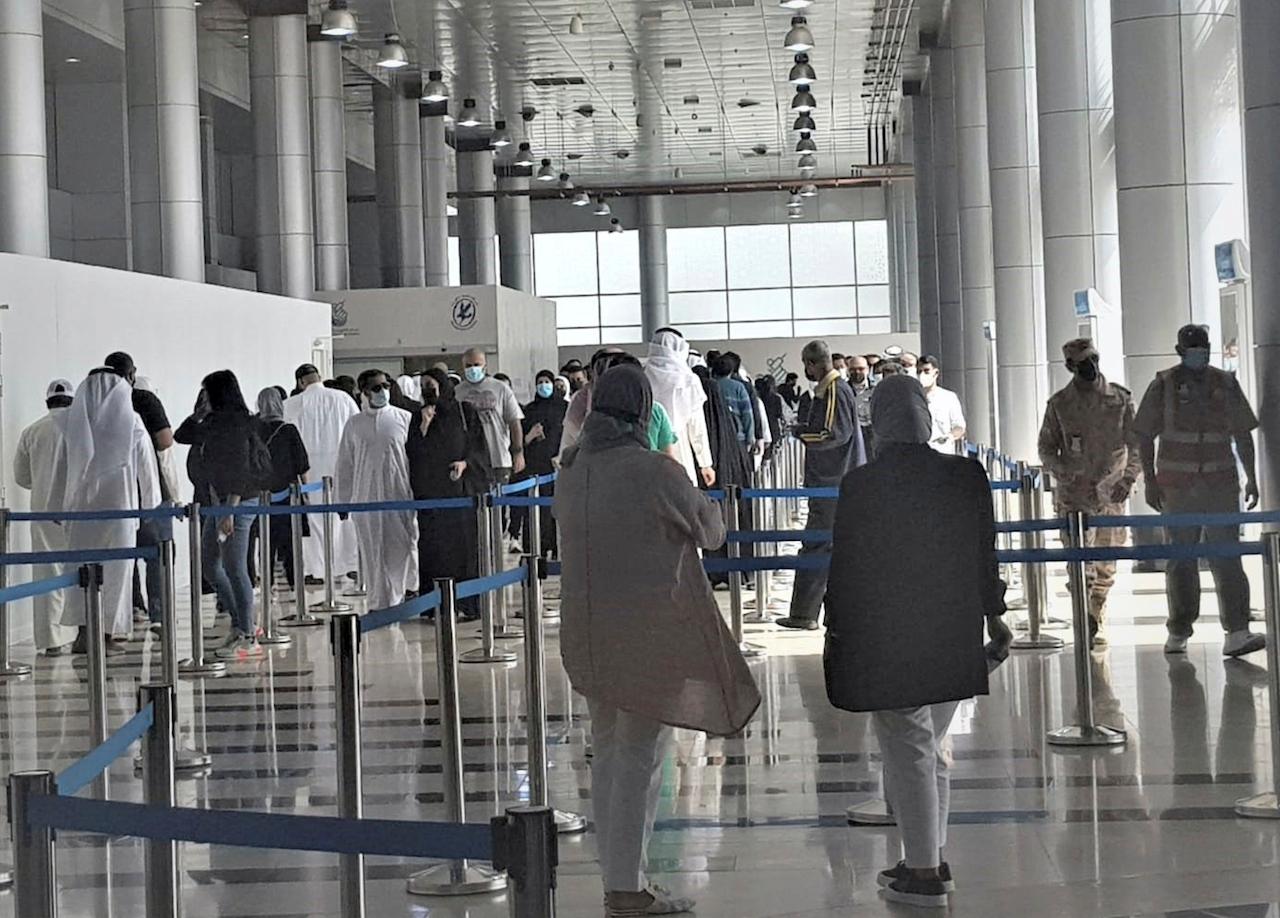Foreigners struggle to get vaccinated in Kuwait, as reluctant citizens hesitate
Many Kuwaiti citizens do not want the jab because of vaccine conspiracy theories shared widely on social media.
Just In
Compared to the United Arab Emirates and Bahrain, among the world’s fastest vaccinators per capita, Kuwait’s drive has lagged, reports The Associated Press.
Medical authorities say Kuwaiti citizens remain reluctant to have the jab because of vaccine conspiracy theories shared widely on social media.
Infections are now soaring, prompting the government to impose a strict nightly curfew last month.
However, locals are still not coming forward while foreign workers are keen to get vaccinated but cannot.
With pressure mounting on the health ministry, barriers eased in recent weeks, with a growing number of foreign residents 65 years of age and older reporting they are now able to get vaccinated.
Still, most expats insist the inequality in vaccine access remains obvious.
“We are waiting and waiting for the call,” said a 55-year-old house cleaner from Sri Lanka. “The moment I get the call, I will go. I need the vaccine to be safe.”
Even as the bulk of frontline workers in grocery stores and cafes remain unvaccinated, Kuwait is making plans to reopen society for the inoculated.
The government has announced that those who can prove they have had the jab will be able to attend schools in the autumn, go to cinemas in the spring and avoid quarantine after flying into the country.
When the pandemic first struck, many Kuwaitis blamed foreign workers for the spread of the virus and as it rampaged through the crowded districts and dormitories where many foreigners live, authorities imposed targeted lockdowns and published virus counts with a breakdown of nationalities.
When infections among Kuwaitis rose, the government stopped releasing demographic data.
“It’s easy for migrants to be seen as the root of all problems in Kuwait,” said Rohan Advani, a researcher of sociology at the University of California. “Citizens don’t have political or economic power, so when they don’t like what’s happening in their country, blaming foreigners becomes the main outlet.”
Despite having an outspoken parliament, final power in Kuwait rests with the ruling emir. Kuwaiti citizens, who are guaranteed spots on the public payroll and reap the benefits of a cradle-to-grave welfare state, have increasingly called for stricter limits to the flow of migrants.
Earlier this year, the government banned the renewal of visas for expats over 60 without college degrees, effectively expelling an estimated 70,000 people, including many who had lived in Kuwait for decades.
“This discrimination is not new for us. The pandemic has just highlighted the worst of it,” said a 30-year-old Lebanese woman who grew up in Kuwait and whose older relatives are still waiting for vaccines.
“But now it’s life and death,” she said. “I never really thought it would reach this point.”
Subscribe to our newsletter
To be updated with all the latest news and analyses daily.
